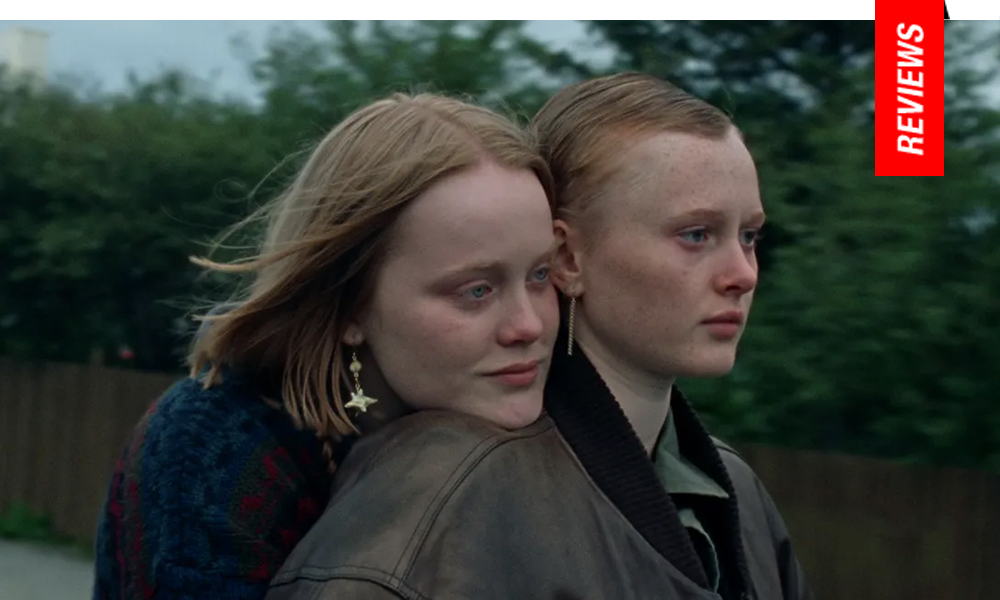Grieving Rights: Runarsson Explores Interrupted Mourning
We meet Diddi (Baldur Einarsson) only briefly, sharing a romantic daybreak with Una (Hall) as he confirms he will travel to Reykjavik to finally tell his girlfriend Klara (Katla Njalsdottir) their relationship is over. She’s studying art and they’re also part of a band which also includes his brother, Gunni (Mikael Kaaber). When a deadly explosion occurs in a car tunnel, we’re well aware of Diddi’s fate before Una, who goes about her day listening to news stories about the deadly freak accident. But a grief-stricken Gunni finds Una at school confirming Diddi’s car was reported as being in the tunnel, where victims are still being pulled out. Apparently the flight they were both supposed to take was canceled, necessitating his drive to Reykjavik, where he was desperate to get to Klara to break it off.
They wait in dread for confirmation of Diddi’s death. Immediately, Una finds herself on the outside of her lover’s family and close friends, for her anguish is automatically relegated to being appropriately muted to make room for their pain. Suddenly, Klara is on hand to share in this intimate circle of mourning, the two women meeting for the first time. As Una has to frequently step away to express her emotions privately, Gunni confirms he knows the truth about her relationship with his brother, but advises they keep this secret for Klara’s sake. Their other friends remember Diddi and Klara as ‘the perfect couple,’ to which Una must complicitly agree or else risk complicating the awkwardness of the situation.
Of course these best laid plans are almost immediately dashed, especially as Klara and Una have the opportunity to spend more time alone together. An initial confrontation finds Klara admitting she wasn’t comfortable with Diddi’s close proximity to Una until she was told she was a lesbian. Una scoffs, triumphantly explaining she’s pansexual, her last romantic relationship being with a man. As is customary in these situations, it’s easier to ignore asking the uncomfortable questions no one seems to want the answers to. Eventually, a moment of emotional vulnerability confirms Klara’s worst suspicions.
But Rúnarsson’s arguably slight narrative for When the Light Breaks becomes most interesting when the cat’s out of the bag, and both young women find they may be able to offer each other solace no one else can. Klara had Diddi’s past, while Una seemed destined to have his future, the women comparing him to the sun which connected them both. Of course, this adds to the obvious visual references provided by two moments of dawn, but there’s a poignant potency to this cycle of passing days, each containing its own set of endings and beginnings.
Reviewed on May 15th at the 2024 Cannes Film Festival – Un Certain Regard. 90 Mins
★★★/☆☆☆☆☆
